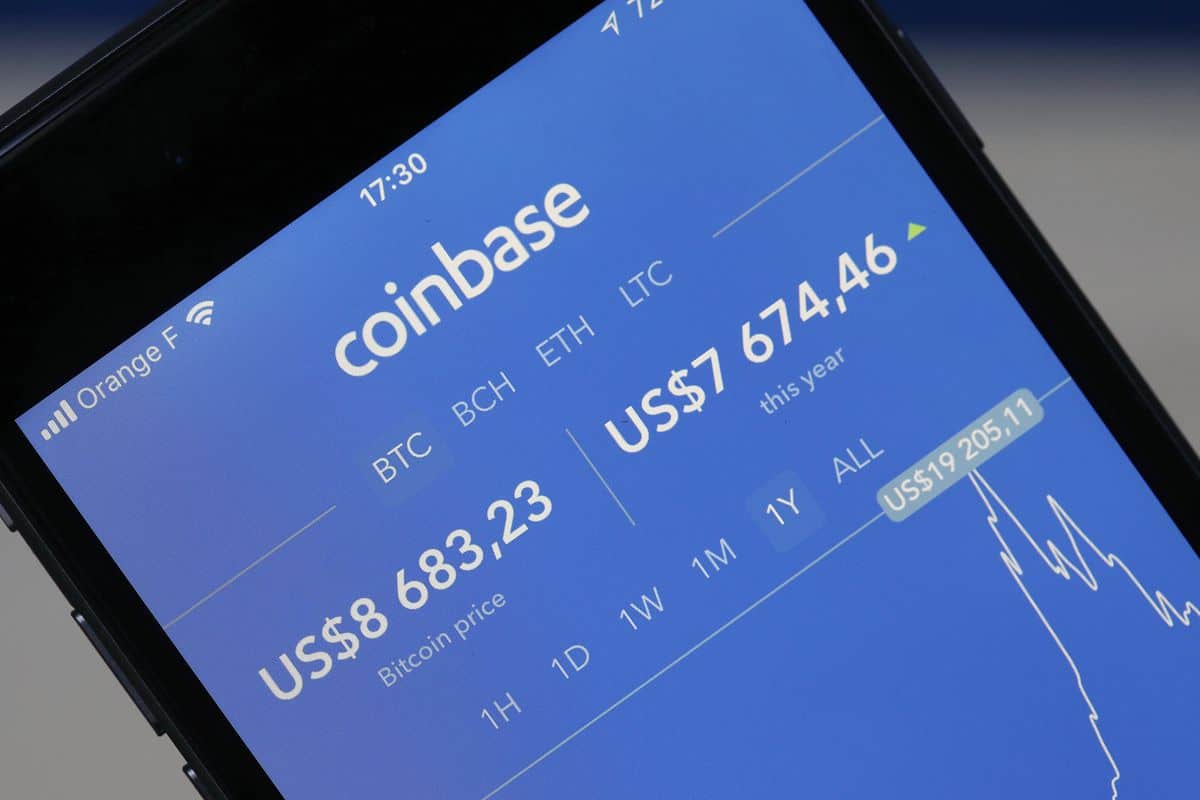Join Our Telegram channel to stay up to date on breaking news coverage
China’s push to launch its digital asset is taking on new forms, as the government continues to incorporate more institutions to help with testing. Earlier this year, the Communist Party began calling on both public and private organizations to partake in testing protocols for the digital Yuan. New reports now estimate the number of partners to be over twenty.
China Invites Everyone to the Digital Yuan Party
The first set of companies that got drafted into the digital Yuan tests included the Industrial and Commercial Bank of China (ICBC), China Construction Bank, Agricultural Bank of China, and Bank of China, as well as China Mobile, China Telecom, and Huawei. Most of the banks had converted some of their central bank deposits into digital currencies, while the telecoms companies helped with technical development.
However, the Peoples’ Bank of China created the most buzz earlier this month when it asked Didi Chuxing, the country’s top ride-hailing service, to join the tests. Didi has over 500 million users across over 40 cities worldwide. Its coverage in China alone made it an ideal partner to test the digital Yuan.
Besides Didi, the Peoples’ Bank also partnered with several other tech giants in the country. These include WeChat, Alipay, food delivery service platform Meituan Dianping, and ByteDance — the multinational company that has video-sharing site TikTok under its umbrella.
The Digital Yuan Benefits Everyone
The choice to add companies like Meituan, Bilibili, and Didi boils down to their reach and coverage. Users use these companies to complete transactions worth billions of dollars daily, and such volumes can help to enhance the adoption of the digital Yuan.
These services have a combined user base of over a billion people — not just in China but also in other countries. If China is to realize its global approach and harness the companies’ user bases, it could use the digital Yuan to gain access to different user segments and perform tests on various possible use cases for the asset.
All of these mean that the asset has a significant chance of being popularized in little to no time.
The companies themselves stand to gain a competitive advantage from being the first to incorporate a potentially ground-breaking technology into their platforms. Since they have higher remittance and transaction volumes, they could also incorporate a secure and reliable infrastructure, thus providing their customers with better service.
The benefits run across the board, and everyone ends up happy — the Chinese government, the entities that partner on this project, and the users themselves. China’s efforts with the digital Yuan have sparked imitation from several countries so far. In the past week, the central banks of both France and Jamaica announced that they were selecting partners in their native tech and finance spaces to partner with them as they tested potential applications of their Central Bank Digital Currency (CBDC) iterations.
While France is focusing more on the wholesale applications of its assets, Jamaica is taking the broader scope and working on something that private organizations and the public can use.
Other countries like Japan and the United Kingdom are also inching closer to CBDC development as the whole world begins to go digital.
Join Our Telegram channel to stay up to date on breaking news coverage


